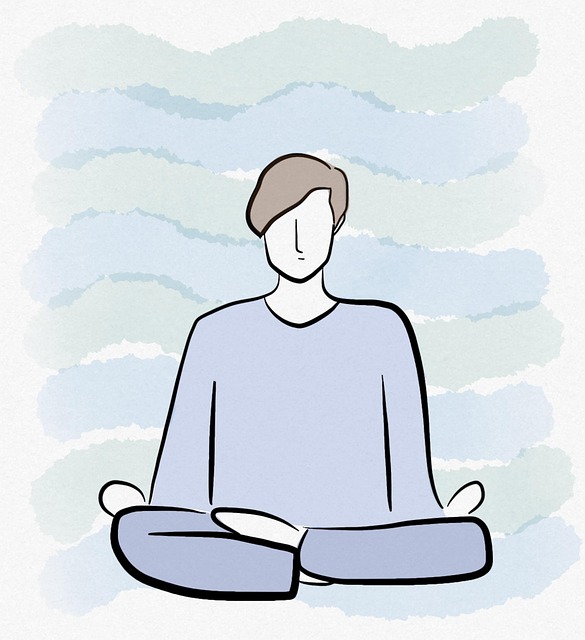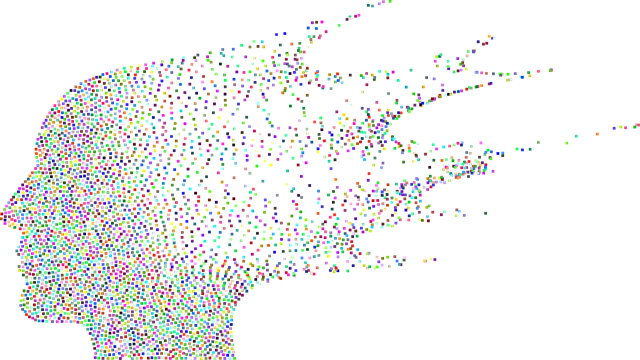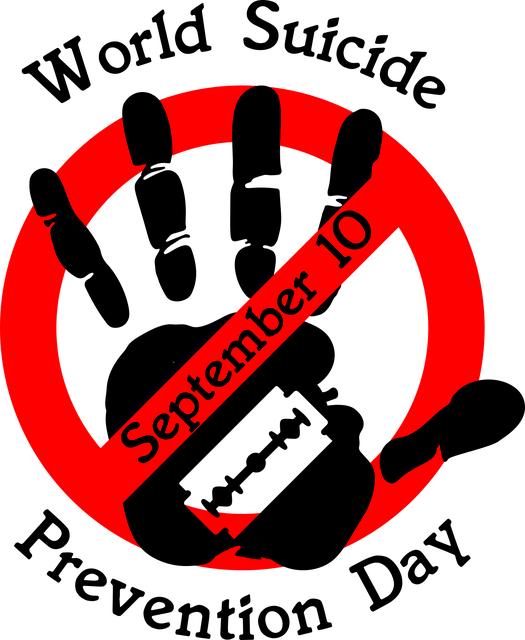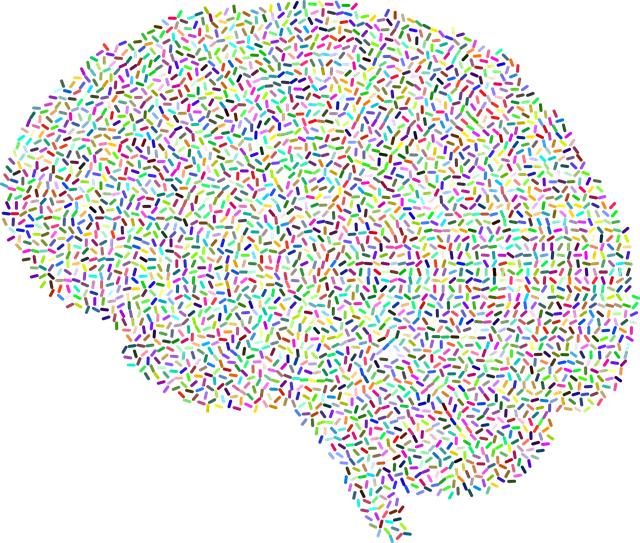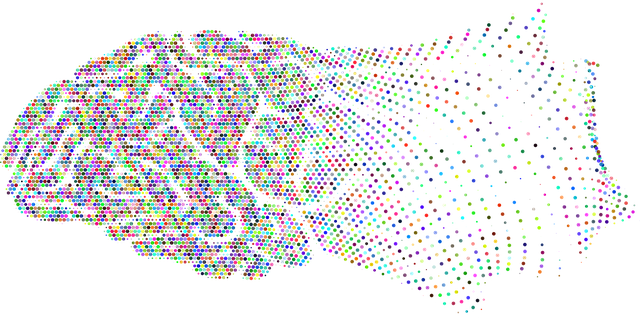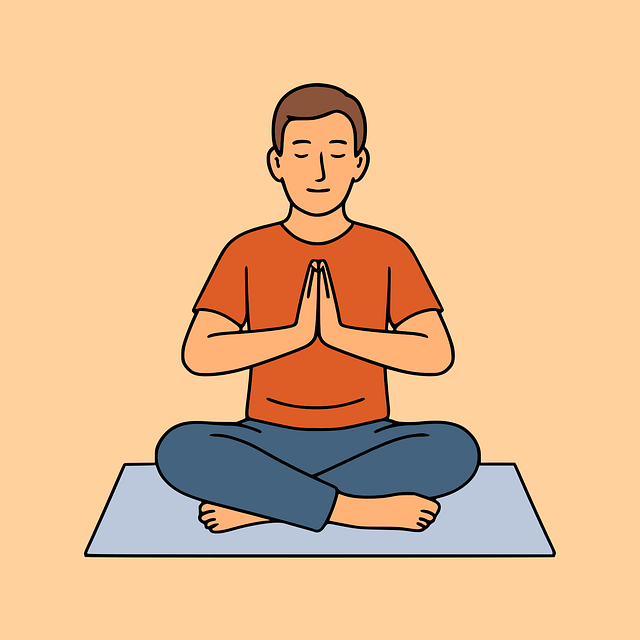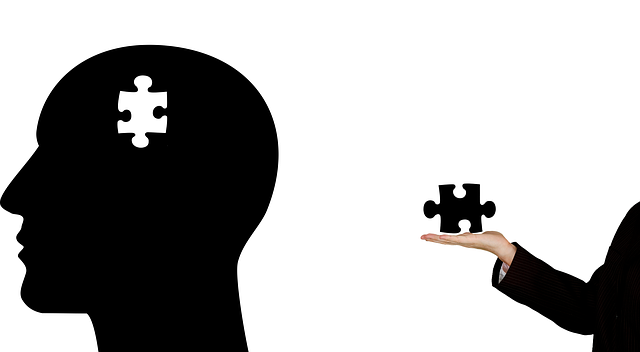Implementing effective resilience-building exercises for elderly care requires understanding RFM (Risk, Frequency, and Severity) frameworks. Caregivers assess risks, their frequency, and impact on daily life to tailor interventions. Independent medical evaluations identify physical and mental health challenges, guiding personalized strategies like mindfulness meditation and positive thinking techniques. Therapy programs, including Social Skills Training, empower seniors with coping mechanisms and stress management tools, enhancing emotional healing and independence. Regular Independent Medical Evaluations track progress and inform holistic care models, leading to targeted mental wellness content like podcasts.
In today’s digital era, ensuring the well-being and resilience of elderly individuals is paramount. This article explores two key aspects crucial to their care: RFM (Risk, Functionality, Mobility) analysis and resilience-building exercises. We delve into how understanding RFM can enhance elderly care through targeted interventions, focusing on therapy for elders. Additionally, we discuss the significance of Independent Medical Evaluations in gauging resident well-being and optimizing care strategies. By integrating these approaches, we aim to revolutionize senior care practices, fostering independence and quality of life.
- Understanding RFM and Its Role in Elderly Care
- Implementing Resilience-Building Exercises for Seniors
- The Impact of Independent Medical Evaluations on Resident Well-being
Understanding RFM and Its Role in Elderly Care

Understanding RFM, or Risk, Frequency, and Severity, is crucial when implementing resilience-building exercises for elderly care. This framework allows caregivers to systematically assess an elder’s potential risks, how often these risks occur, and their impact on daily life. By doing so, they can tailor interventions that focus on high-risk areas, ensuring the well-being of senior citizens. For instance, frequent falls could be identified as a severe risk, prompting exercises that improve balance and flexibility.
RFM analysis is integral to developing effective therapy for elders, particularly through independent medical evaluations. These assessments help identify physical and mental health challenges that might hinder an elder’s independence. Incorporating mindfulness meditation and positive thinking techniques into daily routines can significantly enhance mood management, making resilience-building exercises not just beneficial but enjoyable for the elderly.
Implementing Resilience-Building Exercises for Seniors

Implementing Resilience-Building Exercises for Seniors involves tailored strategies that cater to their unique needs and abilities. As elders age, they often face various challenges that can impact their mental health and overall well-being. Incorporating resilience-focused activities into their daily routines can be a powerful form of therapy, promoting emotional healing processes and fostering a sense of independence. These exercises should be designed with sensitivity, considering the physical and cognitive limitations of seniors while encouraging them to engage in meaningful pursuits.
One effective approach is through Mental Health Education Programs tailored for this demographic, which can include Social Skills Training. Such programs teach coping mechanisms, stress management techniques, and provide a platform for peer support. Independent Medical Evaluations can also play a crucial role in identifying individuals’ strengths and areas of improvement, allowing for personalized interventions. By combining these strategies, communities can empower seniors to build resilience, enhancing their ability to navigate life’s challenges with grace and a sense of purpose.
The Impact of Independent Medical Evaluations on Resident Well-being

Independent Medical Evaluations (IMEs) play a pivotal role in enhancing the well-being of older adults through therapy for elders. These evaluations provide comprehensive insights into an individual’s physical and mental health status, which is crucial for tailoring effective care plans. By assessing factors like cognitive function, mobility, and emotional resilience, IMEs enable healthcare professionals to design interventions that promote not just physical health but also the emotional well-being promotion techniques that are essential for a fulfilling life in later years.
Regular IMEs can serve as a tool to monitor progress and adjust care strategies accordingly, fostering a sense of stability and security among residents. Moreover, integrating IME findings into holistic care models can stimulate the production of mental wellness podcast series designed to cater to the unique needs of seniors. Mindfulness meditation, for instance, has been shown to be particularly beneficial in improving emotional resilience and overall mental wellness, making it an invaluable component of a comprehensive well-being strategy that incorporates IME data.
Resilience building exercises, coupled with regular independent medical evaluations, play a pivotal role in enhancing therapy for elders and their overall well-being. By understanding RFM (a key concept in elderly care) and its impact, we can create more supportive environments that foster strength and resilience among seniors. These practices not only improve physical health but also contribute to a higher quality of life, ensuring that our aging population remains vibrant and capable.



